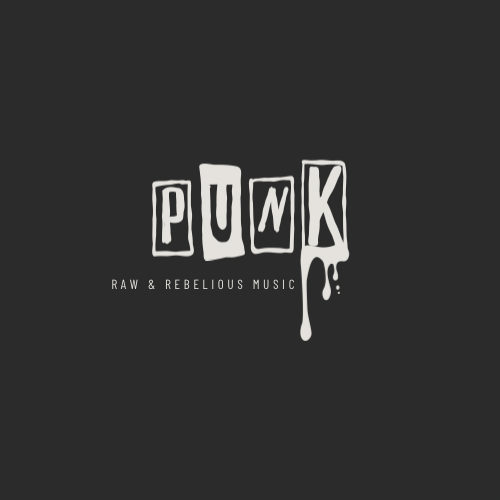
Punk and New Wave music emerged in the mid-to-late 1970s, each with distinct but interconnected roots.
Punk Rock was a reaction against the excesses of mainstream rock, embracing a raw, rebellious, and DIY ethos. It drew inspiration from garage rock, proto-punk bands like The Stooges and The New York Dolls, and the stripped-down energy of early rock 'n' roll. The movement gained momentum in the UK and US, with bands like The Ramones, Sex Pistols, and The Clash leading the charge. Punk was often politically charged, anti-establishment, and deliberately unpolished.
New Wave, on the other hand, evolved as a broader, more commercially viable extension of punk. Initially, the terms "punk" and "new wave" were used interchangeably, but by the late 1970s, New Wave had developed its own identity. It retained punk’s DIY spirit but incorporated quirky pop sensibilities, electronic elements, and a more polished production style. Bands like Blondie, Talking Heads, and Devo helped define the genre, which became heavily associated with the rise of MTV and synthesizer-driven music in the early 1980s.
While punk remained underground and fiercely independent, New Wave found mainstream success, blending influences from art rock, disco, reggae, and funk to create a more accessible sound. Over time, New Wave splintered into subgenres like post-punk, synth-pop, and alternative dance, leaving a lasting impact on modern music.





























